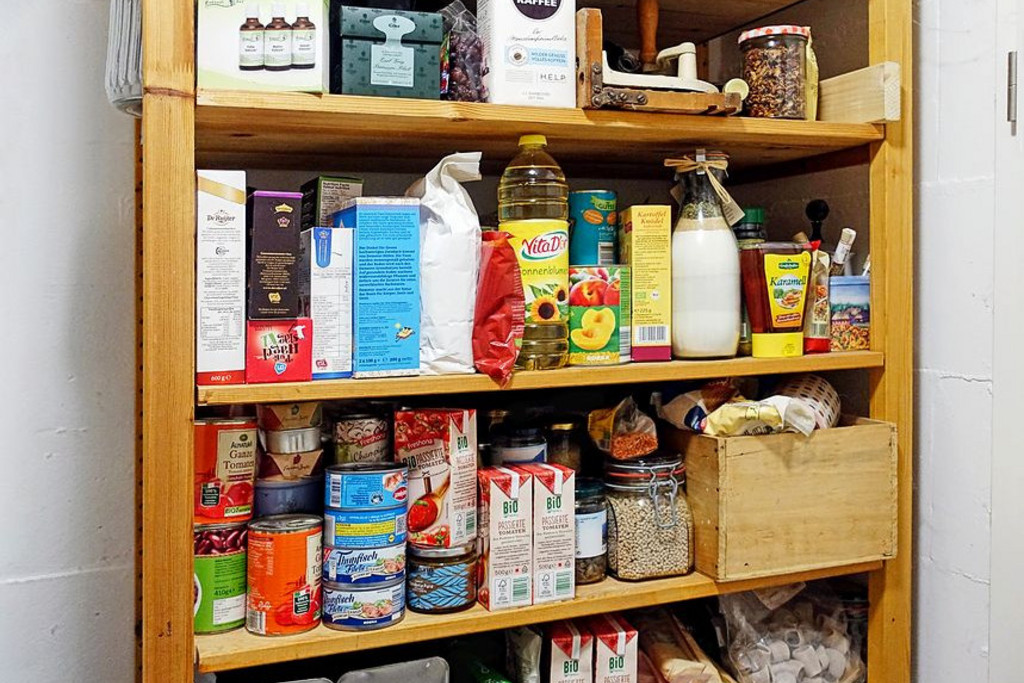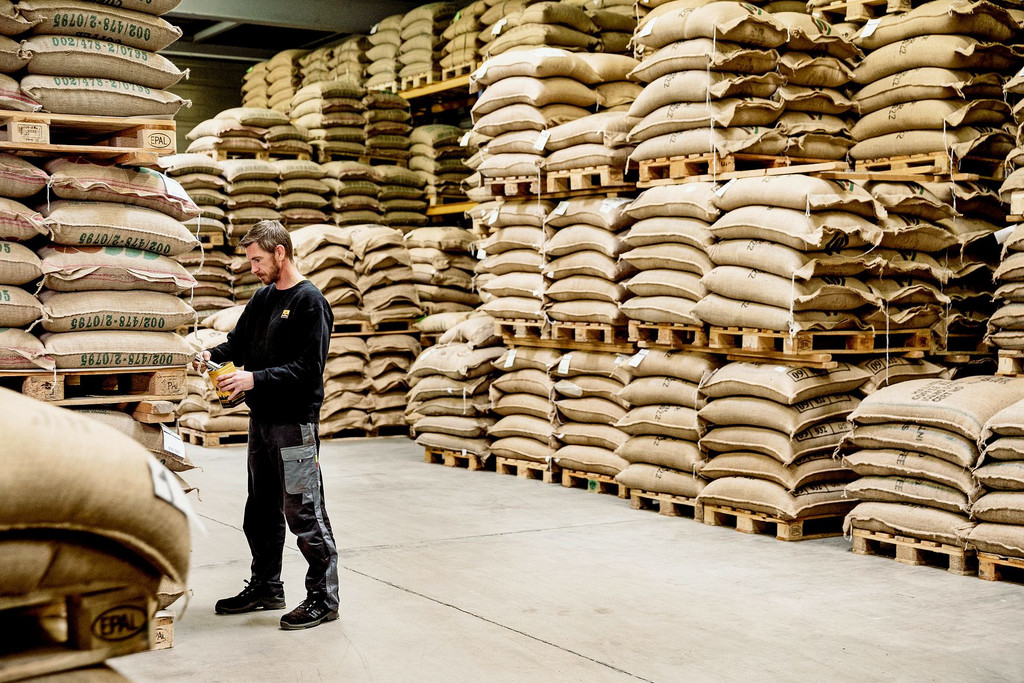Up to twice as many unemployed
The self-employed are in a precarious situation, with no entitlement to furlough. They were able to obtain compensation if the lockdown had prevented them from working or severely restricted their ability to work. Yet, for many, these allowances were barely enough to live on, forcing them to tap into their savings in order to make ends meet
Short-time working hours nevertheless allowed companies to avoid mass redundancies – in the initial few months at least. The number of unemployed rose to over 155,000 by the end of May – up 50,000 year-on-year. At the beginning of June, experts were cautiously optimistic that the nightmare scenario of up to 200,000 unemployed could be averted – which would have been twice as high as in 2019, when the jobless rate fell as low as 2.1 per cent at one stage.
Controversial dividends
What caused considerable displeasure within parliament and among the general public was that companies were still paying shareholder dividends for the 2019 financial year despite the ALV subsidising most of these companies’ wage costs. The National Council voted in favour of a parliamentary motion calling for a ban on dividends during the furlough period. However, the Council of States ultimately blocked this decision, viewing it as an unacceptable restraint on economic freedom.
Studer can only dream of dividends. After six weeks in lockdown, she was able to reopen her salon at the end of April – naturally adhering to safety protocols. She had plenty of appointments during the first couple of weeks. However, her shop in Berne’s Länggasse university quarter relies on walk-in trade. It may be some time before students and staff pop in again for a haircut. Studer remains unperturbed. “I will take things as they come.”
Severe recession likely
The consequences of the pandemic will hit the Swiss economy hard. According to the Swiss Economic Institute (KOF) at ETH Zurich, GDP will fall by 5.5 per cent in 2020. Unlike previous recessions, which mainly came at the expense of exports, service industries such as hospitality and tourism will also suffer this time. Business analysts predict a slow economic recovery from summer onwards.
Due to the economic downturn, the Confederation, cantons and municipalities expect significant declines in tax revenue totalling more than 25 billion francs, says KOF. Coping with the fallout from COVID-19 has been extremely costly for the public sector. In some cantons such as Berne, there are increasing concerns that new austerity measures may be necessary due to the imminent hole in public finances.













Comments
Comments :